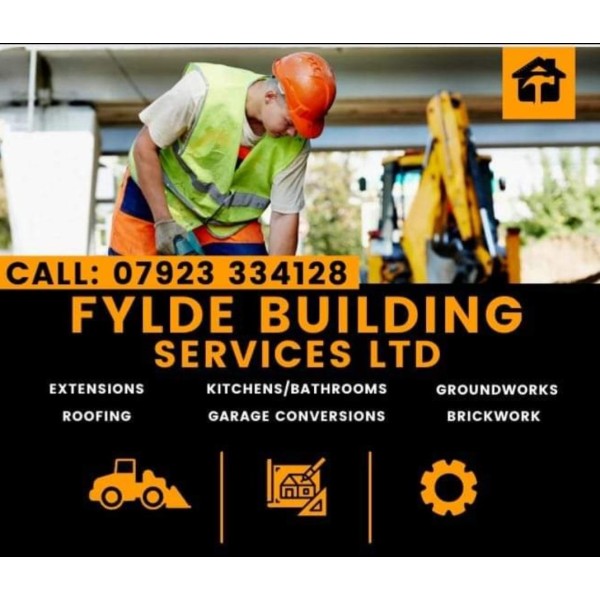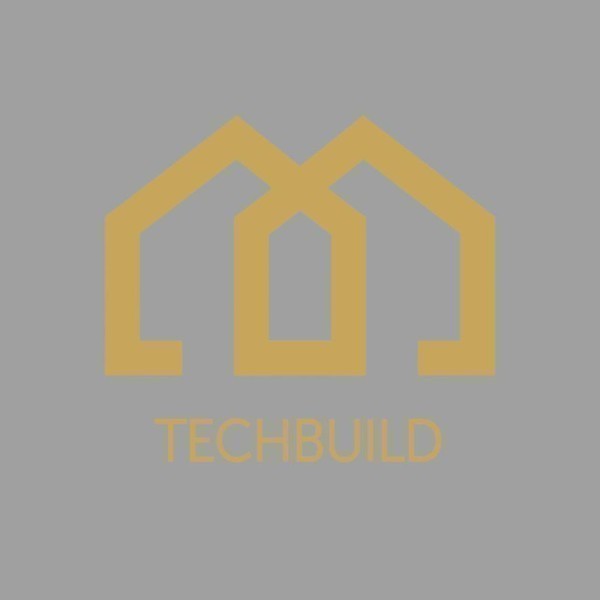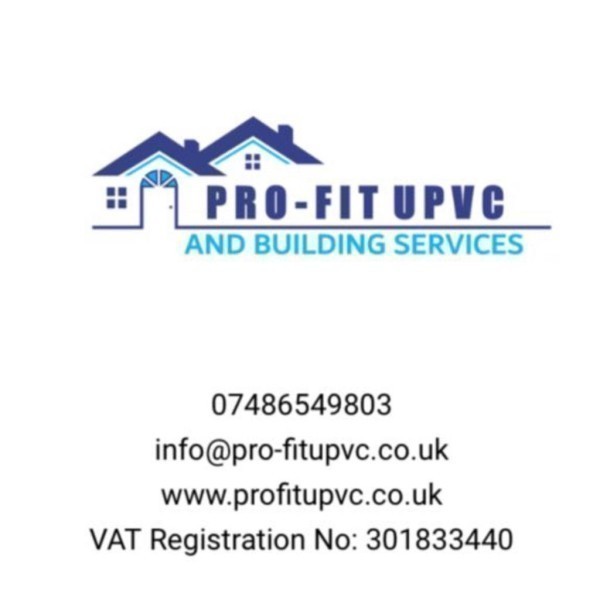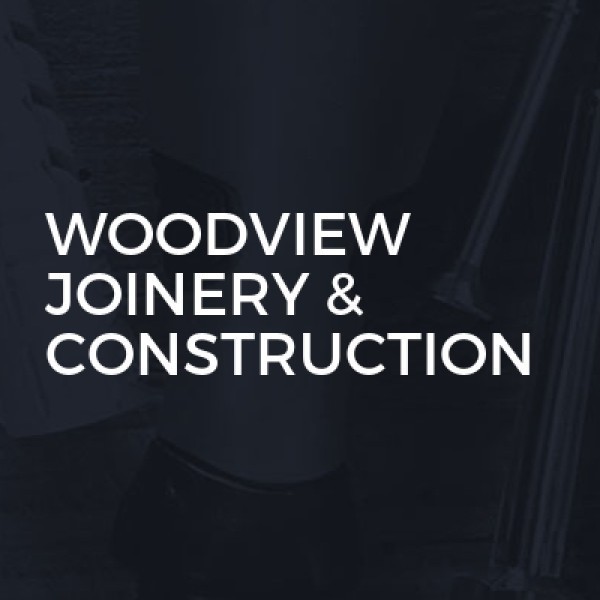Loft Conversions in Morecambe
Filter your search
Post your job FREE and let trades come to you
Save time by filling out our simple job post form today and your job will be sent to trades in your area so you can sit back, relax and wait for available trades to contact you.
Post your job FREESearch Loft Conversions in places nearby
- Loft Conversions in Accrington
- Loft Conversions in Adlington
- Loft Conversions in Bacup
- Loft Conversions in Bamber Bridge
- Loft Conversions in Barnoldswick
- Loft Conversions in Barrowford
- Loft Conversions in Blackburn
- Loft Conversions in Blackpool
- Loft Conversions in Brierfield
- Loft Conversions in Burnley
- Loft Conversions in Carnforth
- Loft Conversions in Chorley
- Loft Conversions in Church
- Loft Conversions in Clayton-Le-Moors
- Loft Conversions in Cleveleys
- Loft Conversions in Clitheroe
- Loft Conversions in Colne
- Loft Conversions in Darwen
- Loft Conversions in Earby
- Loft Conversions in Fleetwood
- Loft Conversions in Freckleton
- Loft Conversions in Fulwood
- Loft Conversions in Great Harwood
- Loft Conversions in Haslingden
- Loft Conversions in Heysham
- Loft Conversions in Kirkham
- Loft Conversions in Lancaster
- Loft Conversions in Leyland
- Loft Conversions in Longridge
- Loft Conversions in Lytham St Anne's
- Loft Conversions in Nelson
- Loft Conversions in Ormskirk
- Loft Conversions in Oswaldtwistle
- Loft Conversions in Padiham
- Loft Conversions in Poulton-Le-Fylde
- Loft Conversions in Preston
- Loft Conversions in Rawtenstall
- Loft Conversions in Rishton
- Loft Conversions in Skelmersdale
- Loft Conversions in Thornton
- Loft Conversions in Trawden
- Loft Conversions in Whitworth
Understanding Loft Conversions in Morecambe
Loft conversions in Morecambe have become increasingly popular as homeowners seek to maximise their living space without the hassle of moving. Morecambe, a charming coastal town in Lancashire, offers a unique blend of traditional and modern living, making it an ideal location for such home improvements. This article delves into the various aspects of loft conversions, providing a comprehensive guide for those considering this transformative home project.
What is a Loft Conversion?
A loft conversion involves transforming an unused attic space into a functional room. This could be an extra bedroom, a home office, or even a playroom for the kids. The possibilities are endless, and the benefits are substantial, including increased property value and enhanced living space.
Types of Loft Conversions
There are several types of loft conversions, each suited to different types of homes and budgets. The most common types include:
- Dormer Loft Conversion: This is the most popular type, involving an extension of the existing roof to provide additional floor space and headroom.
- Hip to Gable Loft Conversion: Ideal for semi-detached or detached houses, this conversion extends the sloping side of the roof to create a vertical wall.
- Mansard Loft Conversion: This involves altering the roof structure to create a flat roof with steeply sloped sides, maximising space.
- Velux Loft Conversion: The simplest and most cost-effective option, this conversion uses Velux windows installed into the existing roofline.
Benefits of Loft Conversions in Morecambe
Loft conversions offer numerous advantages, particularly in a picturesque town like Morecambe. Here are some key benefits:
- Increased Property Value: A well-executed loft conversion can significantly boost your home's market value.
- Additional Living Space: Whether you need an extra bedroom or a quiet office, a loft conversion provides the space you need.
- Cost-Effective: Compared to moving house, a loft conversion is a more affordable way to gain extra space.
- Preservation of Outdoor Space: Unlike extensions, loft conversions do not encroach on your garden or outdoor areas.
Planning Permission and Building Regulations
Before embarking on a loft conversion in Morecambe, it's crucial to understand the planning permission and building regulations involved. While many loft conversions fall under permitted development rights, some may require planning permission, especially if you live in a conservation area or a listed building.
Permitted Development Rights
Most loft conversions are covered by permitted development rights, meaning you won't need planning permission if the conversion meets specific criteria. These include:
- The extension does not exceed 40 cubic metres for terraced houses or 50 cubic metres for detached and semi-detached houses.
- No extension beyond the plane of the existing roof slope facing the highway.
- No extension higher than the highest part of the existing roof.
Building Regulations
Regardless of planning permission, all loft conversions must comply with building regulations. These regulations ensure the safety and structural integrity of the conversion, covering aspects such as:
- Structural stability and load-bearing capacity.
- Fire safety, including escape routes and smoke alarms.
- Insulation and energy efficiency.
- Soundproofing and ventilation.
Choosing the Right Loft Conversion Specialist
Selecting a reputable and experienced loft conversion specialist is crucial to the success of your project. Here are some tips to help you make the right choice:
- Research and Recommendations: Start by researching local specialists and seeking recommendations from friends or family who have undertaken similar projects.
- Check Credentials: Ensure the specialist is registered with relevant trade bodies and has the necessary qualifications and insurance.
- Portfolio and References: Ask to see previous work and speak to past clients to gauge the specialist's reliability and quality of work.
- Detailed Quotation: Obtain a detailed quotation that outlines all costs involved, including materials, labour, and any additional expenses.
Cost Considerations for Loft Conversions in Morecambe
The cost of a loft conversion can vary significantly depending on the type of conversion, the size of the space, and the materials used. On average, a loft conversion in Morecambe can range from £20,000 to £50,000. Here are some factors that can influence the cost:
- Type of Conversion: Dormer and mansard conversions tend to be more expensive due to the structural changes involved.
- Size and Complexity: Larger and more complex conversions will naturally cost more.
- Materials and Finishes: The choice of materials and finishes can significantly impact the overall cost.
- Labour Costs: Labour costs can vary depending on the specialist's experience and the project's complexity.
Designing Your New Loft Space
Designing your new loft space is an exciting part of the conversion process. Consider the following elements to create a functional and aesthetically pleasing space:
Layout and Functionality
Think about how you intend to use the space and plan the layout accordingly. Consider factors such as:
- Positioning of windows for natural light.
- Placement of electrical outlets and lighting fixtures.
- Storage solutions to maximise space efficiency.
Interior Design and Decor
Choose a design style that complements the rest of your home. Consider:
- Colour schemes that enhance the sense of space and light.
- Furniture and furnishings that fit the room's purpose.
- Decorative elements that add personality and charm.
Maximising Energy Efficiency
Energy efficiency is an important consideration for any loft conversion. Implementing energy-efficient measures can reduce your carbon footprint and lower utility bills. Consider the following:
Insulation
Proper insulation is crucial for maintaining a comfortable temperature in your loft space. Consider using high-quality insulation materials for the roof, walls, and floors.
Windows and Ventilation
Choose energy-efficient windows that provide adequate ventilation while minimising heat loss. Consider installing skylights or roof windows to enhance natural light.
Heating and Cooling
Consider installing energy-efficient heating and cooling systems to maintain a comfortable environment year-round. Options include underfloor heating or energy-efficient radiators.
Common Challenges and Solutions
Loft conversions can present various challenges, but with careful planning and expert guidance, these can be overcome. Here are some common challenges and their solutions:
Limited Headroom
Limited headroom can be a challenge in loft conversions. Solutions include:
- Opting for a dormer or mansard conversion to increase headroom.
- Using clever design techniques, such as built-in furniture, to maximise space.
Access and Staircases
Access to the loft space can be tricky. Consider:
- Installing a space-saving staircase or spiral staircase.
- Ensuring the staircase complies with building regulations for safety.
Frequently Asked Questions
- Do I need planning permission for a loft conversion in Morecambe? Most loft conversions fall under permitted development rights, but it's essential to check with your local council.
- How long does a loft conversion take? The duration can vary, but most conversions take between 6 to 12 weeks to complete.
- Can I live in my home during the loft conversion? Yes, most homeowners can continue living in their homes during the conversion process.
- Will a loft conversion add value to my home? Yes, a well-executed loft conversion can significantly increase your property's value.
- What is the best type of loft conversion for my home? The best type depends on your home's structure, budget, and personal preferences.
- How can I ensure my loft conversion is energy-efficient? Use high-quality insulation, energy-efficient windows, and consider installing energy-efficient heating systems.
Final Thoughts on Loft Conversions in Morecambe
Loft conversions in Morecambe offer a fantastic opportunity to enhance your living space and increase your property's value. By understanding the different types of conversions, planning permissions, and building regulations, you can embark on this exciting journey with confidence. With careful planning, expert guidance, and a touch of creativity, your loft conversion can become a beautiful and functional addition to your home.










